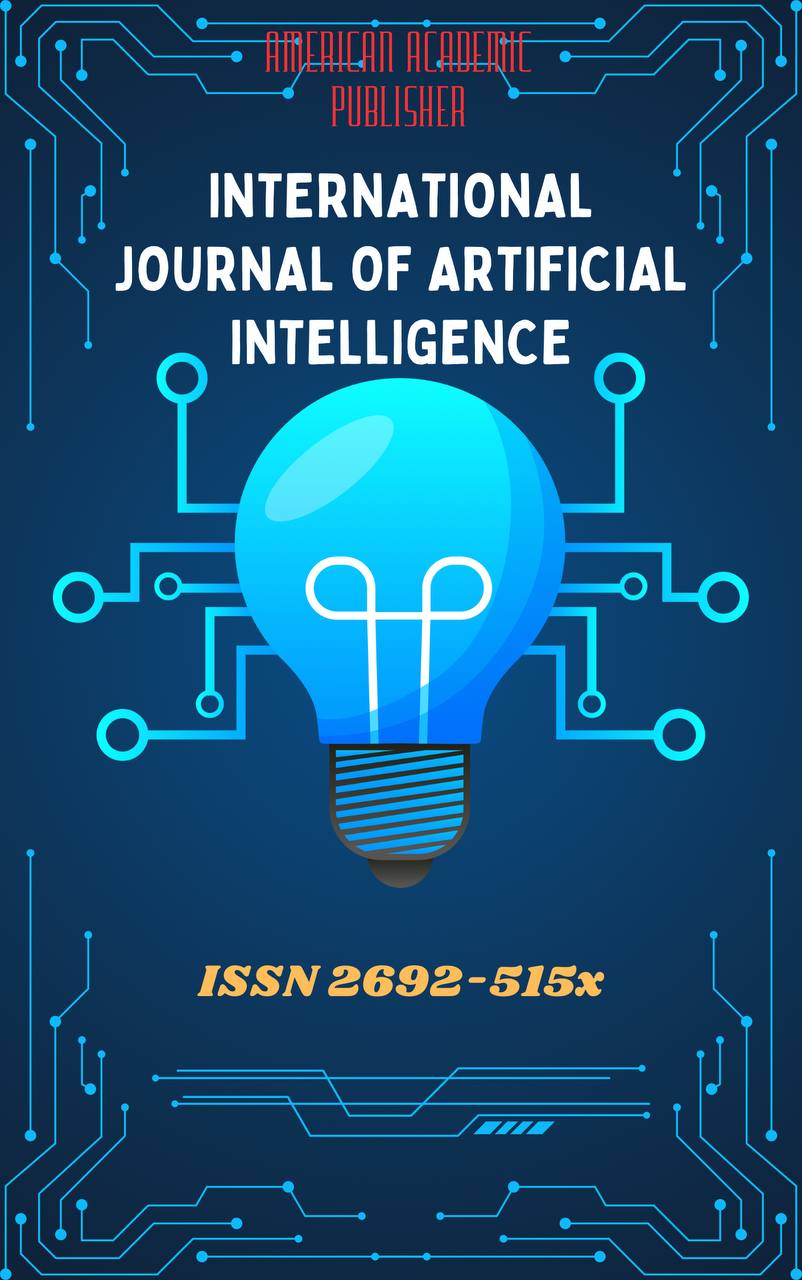 Articles
| Open Access |
Articles
| Open Access | ARTIFICIAL INTELLIGENCE AND THE EVOLUTION OF LEGAL PERSONHOOD: A COMPARATIVE ANALYSIS OF THEORETICAL APPROACHES AND PRACTICAL IMPLICATIONS
Inoyatov Nodirbek Xayitboy ugli , Lecturer, Tashkent state univetsity of lawAbstract
The evolving capabilities of artificial intelligence have raised urgent legal and philosophical questions about the scope of legal personhood. While traditional concepts of personhood emphasize autonomy and moral agency, AI systems challenge these foundations by performing complex, autonomous actions without consciousness. This essay critically examines theoretical arguments and legal developments regarding AI’s possible recognition as a legal person. Drawing on comparative case studies and scholarly perspectives, the study proposes a functional model of limited personhood for AI, allowing specific legal roles without undermining human dignity. Pragmatic, ethically grounded regulation is crucial for future AI governance.
Keywords
Artificial Intelligence, Legal personhood, electronic personality, civil liability, functional personhood, AI regulation.
References
Burylo, Y. (2022). Legal Personhood of Artificial Intelligence Systems: To Be or Not to Be? Entrepreneurship, Economy and Law, 2, 18–25. https://doi.org/10.32849/2663-5313/2022.2.02
Lindroos-Hovinheimo, S. (2015). Excavating Foundations of Legal Personhood: Fichte on Autonomy and Self-Consciousness. International Journal for the Semiotics of Law, 28, 687–702. https://doi.org/10.1007/s11196-015-9420-2
Avila Negri, S. M. C. (2021). Robot as Legal Person: Electronic Personhood in Robotics and Artificial Intelligence. Frontiers in Robotics and AI, 8, 789327. https://doi.org/10.3389/frobt.2021.789327
Hildebrandt, M. (2020). Legal Personhood for AI? In Law for Computer Scientists and Other Folk. Oxford University Press.
Simmler, M., & Markwalder, N. (2019). Guilty Robots? – Rethinking the Nature of Culpability and Legal Personhood in an Age of Artificial Intelligence. Criminal Law Forum, 30, 1–31. https://doi.org/10.1007/s10609-018-9360-0
Bryson, J. J., Diamantis, M. E., & Grant, T. D. (2017). Of, For, and By the People: The Legal Lacuna of Synthetic Persons. Artificial Intelligence and Law, 25(3), 273–291. https://doi.org/10.1007/s10506-017-9214-9
Solaiman, S. M. (2016). Legal Personality of Robots, Corporations, Idols and Chimpanzees: A Quest for Legitimacy. Artificial Intelligence and Law, 25, 155–179. https://doi.org/10.1007/s10506-016-9192-3
Militsyna, K. (2022). Legal Personhood for Artificial Intelligence: Pro, Contra, Abstain? Teisė, 122, 150–158.
Jaynes, T. L. (2020). Legal Personhood for Artificial Intelligence: Citizenship as the Exception to the Rule. AI & Society, 35, 343–354. https://doi.org/10.1007/s00146-019-00897-9
Kurki, V. A. J. (2019). A Theory of Legal Personhood. Oxford University Press.
Pagallo, U. (2018). Vital, Sophia, and Co.—The Quest for the Legal Personhood of Robots. Information, 9(9), 230. https://doi.org/10.3390/info9090230
Igbokwe, E. M. (2024). Human to Machine Innovation: Does Legal Personhood and Inventorship Threshold Offer Any Leeway? The Journal of World Intellectual Property, 27(2), 149–174. https://doi.org/10.1111/jwip.12294
Wen, Z. F., & Tong, D. Y. (2023). Analysis of the Legal Subject Status of Artificial Intelligence. Beijing Law Review, 14, 74–86.
Stepanov, S. K. (2021). Deconstruction of the Legal Personhood of Artificial Intelligence. Digital Law Journal, 2(2), 14–30. https://doi.org/10.38044/2686-9136-2021-2-2-14-30
Kurki, V. A. J. (2023). Legal Personhood. Cambridge University Press. https://doi.org/10.1017/9781009025614
Article Statistics
Downloads
Copyright License

This work is licensed under a Creative Commons Attribution 4.0 International License.
